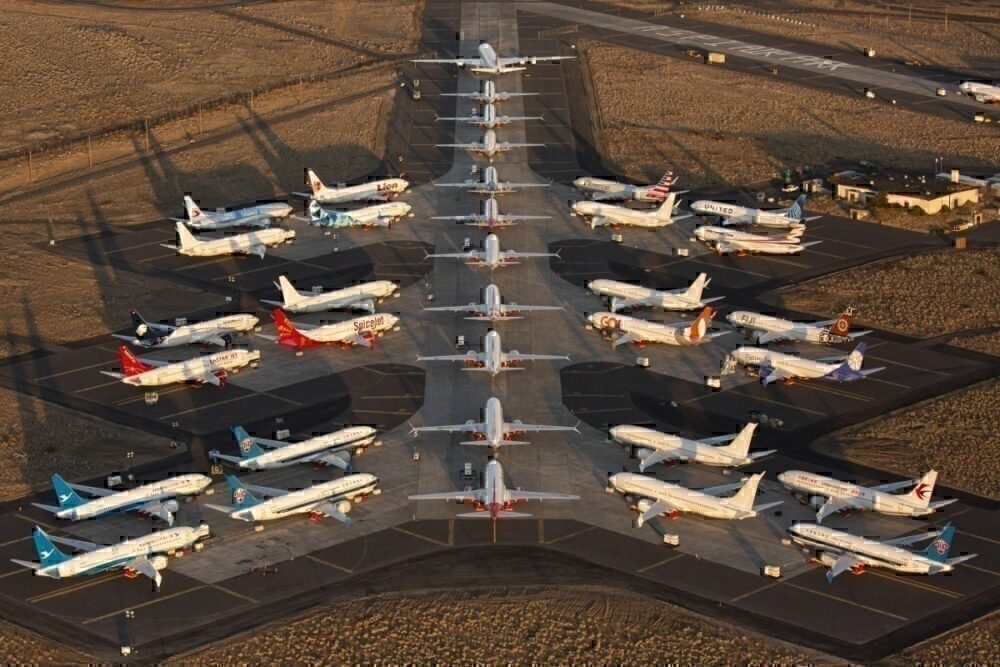
Boeing reported a US$2.4 billion Q2 loss on Wednesday (29 July) and said it will slow production of its main commercial aircraft as the COVID-19 pandemic continues to keep planes grounded, including its troubled 737 MAX. The plane maker’s finances have been hurt by the double whammy of the pandemic, which has kept thousands of planes on th ground and hurt earnings at its airline customers and the MAX grounding.
Revenue fell 25 percent to US$11.81 billion from US$15.75 billion compared to the same quarter a year ago and was below analysts’ forecasts for sales of US$13.16 billion. The lengthy grounding of the 737 MAX, which has been out of action since 2019 following two crashes that killed 346 people, combined with the pandemic, have also led customers to cancel or defer hundreds of orders. Boeing’s pain has also trickled down to suppliers like Spirit Aerosystems, which builds fuselages for the MAX and which has itself been forced to lay off hundreds of employees after Boeing told it to slow production.
Boeing said in its earnings release it would gradually ramp up production of the 737 MAX to 31 a month beginning in 2022, compared with plans to do so next year. It will again cut production of its 787 planes to six a month next year. Airbus, Boeing’s main rival, is set to report results on Thursday. Boeing has been cutting costs and is laying off or firing 10 percent of its workforce of about 160,000 people. It has also shored up liquidity with a US$25 billion debt sale in April.
“We remained focused on the health of our employees and communities while proactively taking action to navigate the unprecedented commercial market impacts from the COVID-19 pandemic,” said Boeing President and Chief Executive Officer Dave Calhoun. “We’re working closely with our customers, suppliers and global partners to manage the challenges to our industry, bridge to recovery and rebuild to be stronger on the other side. The diversity of our balanced portfolio and our government services, defence and space programmes provide some critical stability for us in the near-term as we take tough but necessary steps to adapt for new market realities,” Calhoun said. “We are taking the right action to ensure we’re well positioned for the future by strengthening our culture, improving transparency, rebuilding trust and transforming our business to become a better, more sustainable Boeing. Air travel has always proven to be resilient – and so has Boeing.”




0 Comments